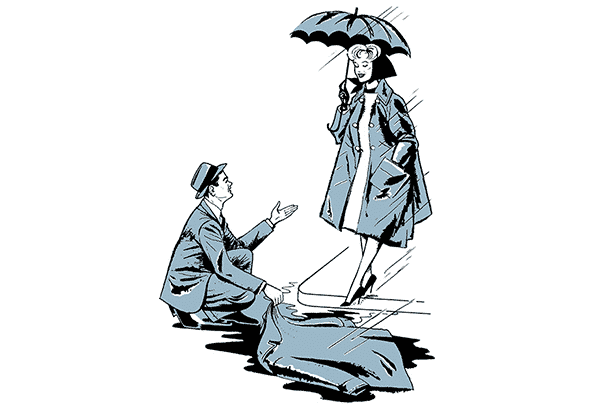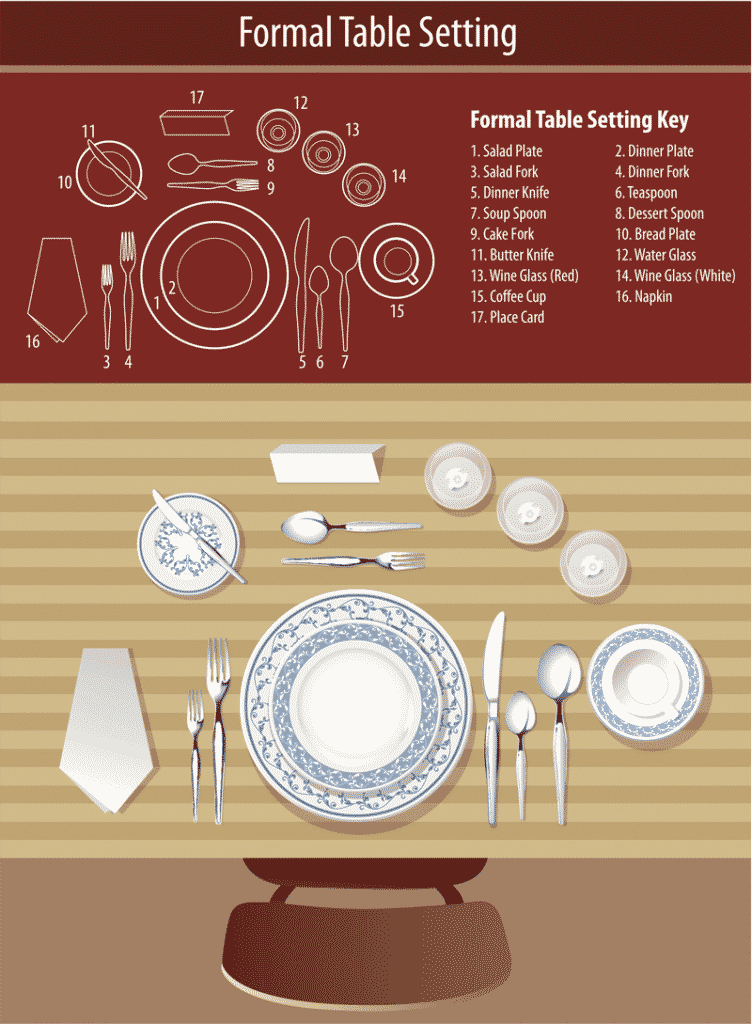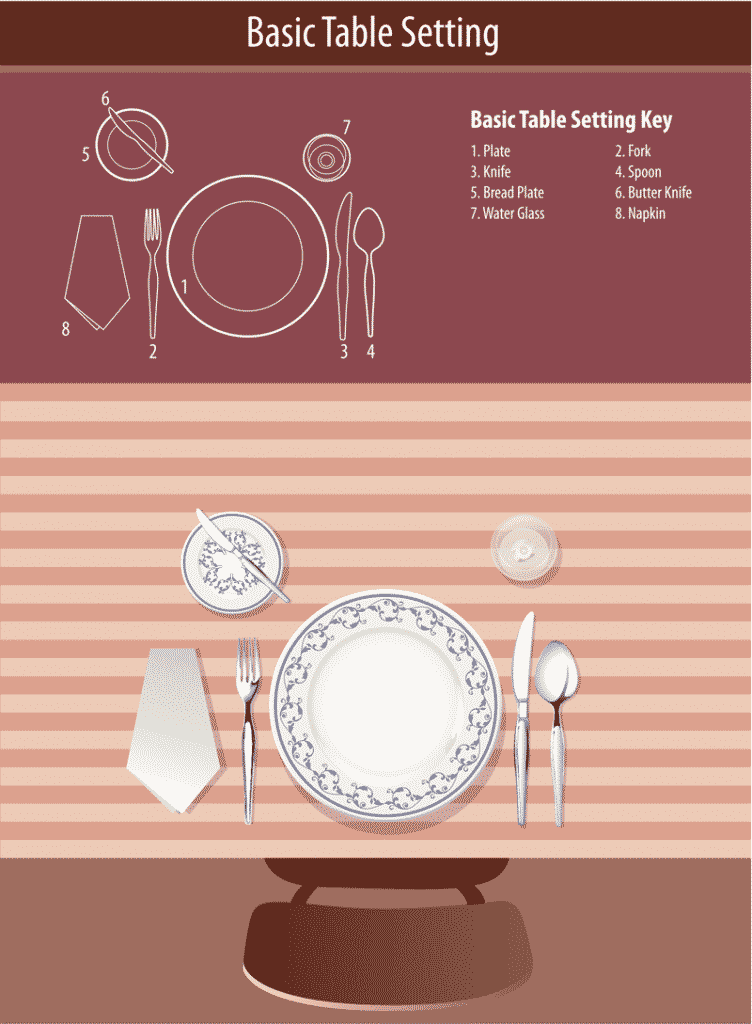You have one chance to make a first impression.
Most would agree your first impression is important, whether it’s a job interview, a business meeting, or a first date. The person you meet forms an opinion of you in those initial 5 to 7 seconds, so you should try to make it a positive experience. There are guidelines for behavior that have been in place since civilization began, but standards can change and it can be challenging to keep up. Do we feel the need to change with the times, or do the proper etiquette standards we grew up with serve us today?
Early Years
It starts at home. Call it an investment in the future. How can children be expected to know when to say thank you and please if it’s not a part of daily dialogue? It’s repetitive training and needs to be discussed often. Parents and guardians are the first exposure children have to manners and it’s their job to ensure basic guidelines are taught. It’s about respect toward your parents, family and friends. By creating that foundation, children learn how to treat others. Then, when they interact with others outside the home, like teachers or friends, they know common courtesy and good manners. It shows. It’s obvious. Throughout their lives, they will encounter people and situations where manners are needed and noticed. Manners and proper etiquette are more than verbal introductions and dinner table protocol. It extends to all areas of life because common courtesy and consideration are woven into our lives daily. The way we treat people at school, the office or when shopping at the mall are directly related to manners and proper etiquette.
A FEW PROPER ETIQUETTE TIPS FOR CHILDREN
1. Respect others’ privacy (Knock on closed doors, don’t rummage through others’ belongings.)
2. Share what’s yours – and ask permission before borrowing from someone else.
3. Be a good loser and a gracious winner.
4. Clean up after yourself.
5. Greet family and guests politely. Shake hands and make eye contact.
6. Say please and thank you.
Table Settings
It was always fun involving my girls in setting the table. It’s a fun family affair and they enjoyed helping. They learned where silverware, the napkin and the glasses were to be placed. We also discussed placing the napkin on the lap and no elbows on the table. The time invested at home on table etiquette and manners was time well spent. When they were older, I had an etiquette consultant come to the house. The consultants are accredited and offer valuable information on introductions, table manners and protocol. Parents and grandparents can get involved – and it’s not only helpful now but will be later. When having family dinner, guests over, or a date night, these references might be helpful. Here are examples of informal and formal table settings.
[column size=one_half position=first ]
[/column]
[column size=one_half position=last ]
[/column]
A FEW PROPER ETIQUETTE BASICS FOR DINING
1. Place your napkin in your lap.
2. Wait until everyone is served before beginning to eat.
3. Don’t reach across the table. Ask for the item you want to be passed.
4. Sit up straight, don’t slouch over your plate with elbows on the table.
5. Put your phone away. Converse with those at the table.
6. Don’t push your plate away when you are finished.
Dating
Dating rules. Are there any? Were there any? Yes, but today things are a little different. You can still meet someone to date through friends, work or online these days, as we all know. There’s still the blind date, I hear. If you’re single and thinking about dating, keep it light for the first date. Dating should be fun. Period. It takes time to get to know someone. It’s not different in that regard today. If it’s your first date, keep communication open. It’s recommended to keep the date brief. If you’re asked what you’d prefer to do, be direct and honest. In regards to conversation, try and limit any negative positioned conversation. That would include any ex bashing or complaints. The past is the past. It’s what has shaped us into be who we are today.
A FEW PROPER ETIQUETTE BASICS FOR DATING
1. It is better to be overdressed than under-dressed.
2. Be on time.
3. Put away your mobile phone and pay attention to your date.
4. Don’t overshare. No ex bashing and avoid negative topics or potentially inflammatory debates.
5. Listen and ask questions.
6. Offer to pay or to split the check.
The Check
Most men who ask you on a date want to spend quality time with you and should be willing to, and even insist on, taking care of the check. There might be circumstances where going dutch is an option, as well. Be prepared. Forewarned is forearmed. In a survey by Elle/MSNBC, 57% of women said they would offer to pick up the check on a date.
There are also some women who will split the check, and many women initiate the date. If you’re invited out and they pay, the next time you could treat. It’s up to you. Regardless, if it’s a friend or an actual date, if I invite you out, I invited you; it’s on me. I can tell you this much, it’s nice we don’t have to carry a dime or a quarter just in case we need to make a call! The mobile phone is a welcome addition to the evening bag and I make sure to silence it. I wouldn’t want it to start ringing in a restaurant and risk disturbing everyone’s dinner experience.
Business and Etiquette
Corporations have been known to send their executives to proper etiquette classes. There are those who bring in a coach. They find that training is beneficial to new and old employees alike. The training can encompass business correspondence, conversational skills, table etiquette, and even emails. They want to ensure their credibility and professionalism isn’t lacking or at stake. They are looking to protect their reputation. Hiring managers and recruiters have been known to take job candidates to lunch or dinner so they can observe their table manners and how courteous the candidate is to the waiter. Will the candidate wait to eat until everyone is served, not speak with their mouth full, resist the cell phone and engage in conversation? Some parents, evidently, haven’t taught table manners, respect of elders or that ‘thank you’ and ‘please’ are common courtesy. Corporations that train their representatives are simply protecting their assets. It is indeed a small price to pay.
A FEW PROPER ETIQUETTE BASICS FOR BUSINESS
1. Be an active listener.
2. Show up early or on time for meetings. Be respectful of others’ time.
3. Silence your phone in the office and at meetings.
4. Shake hands, make eye contact.
5. Be diplomatic when disagreeing.
6. Follow up on correspondence to say thank you or to recognize someone’s efforts.
What do you think? Is proper etiquette a lost art?









